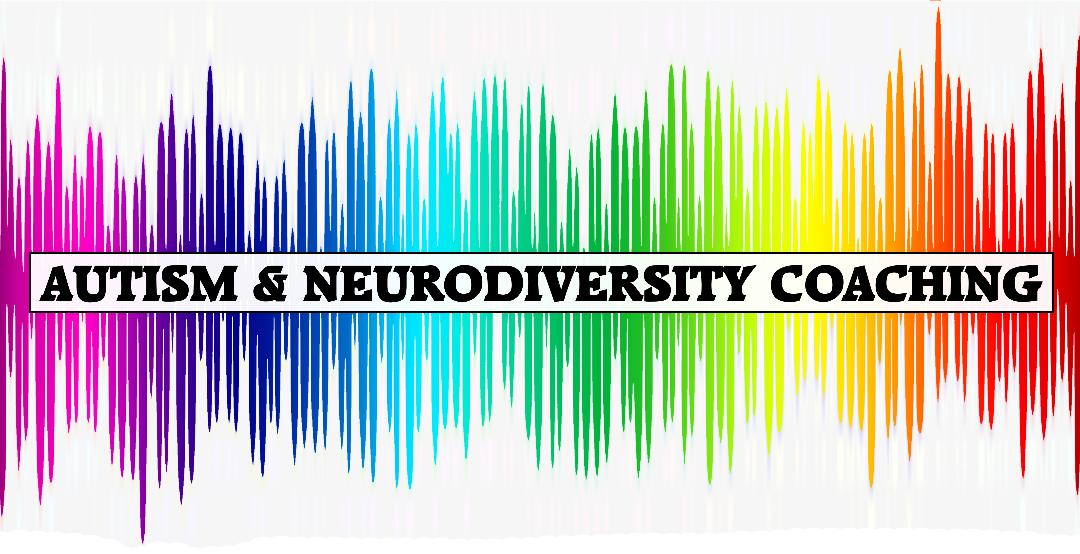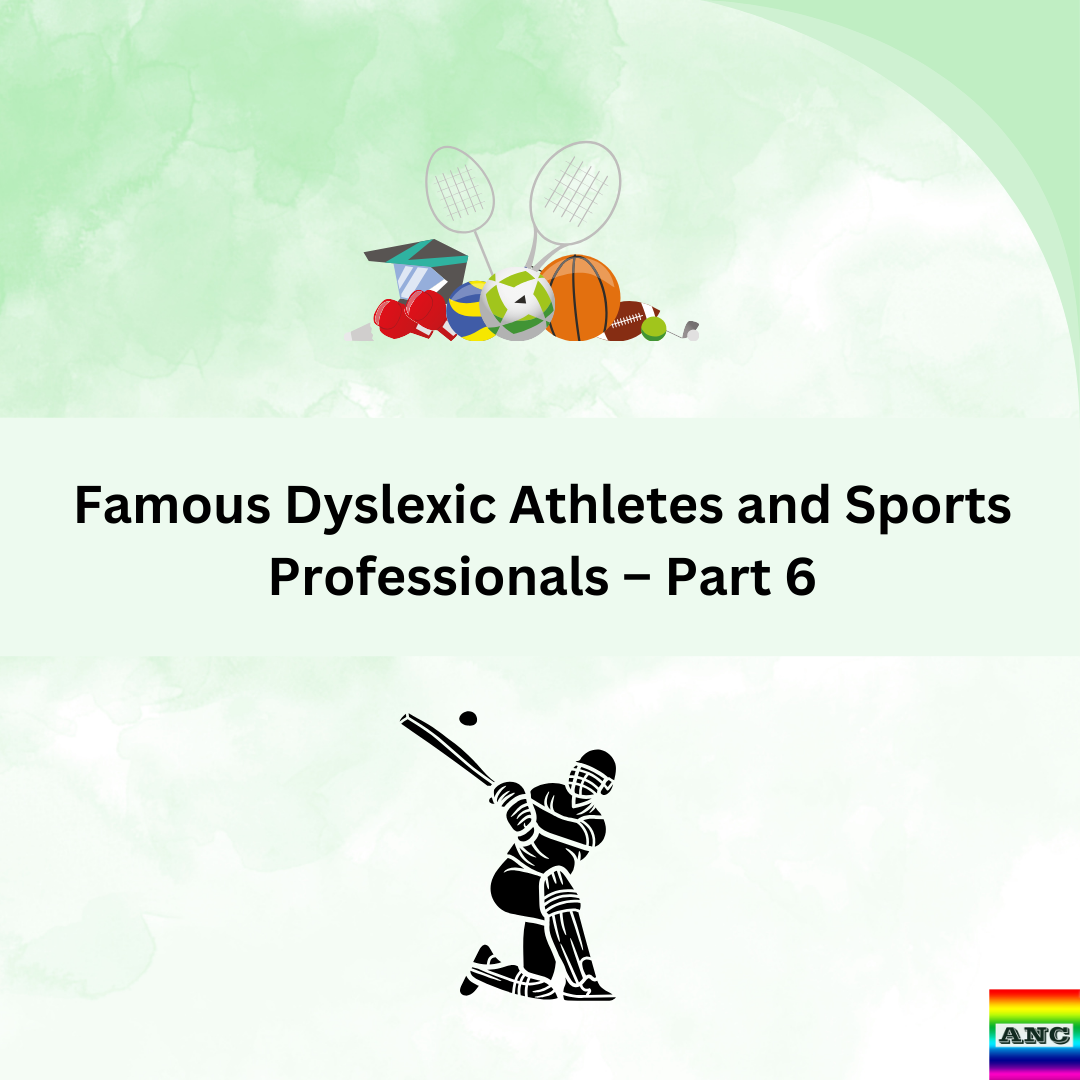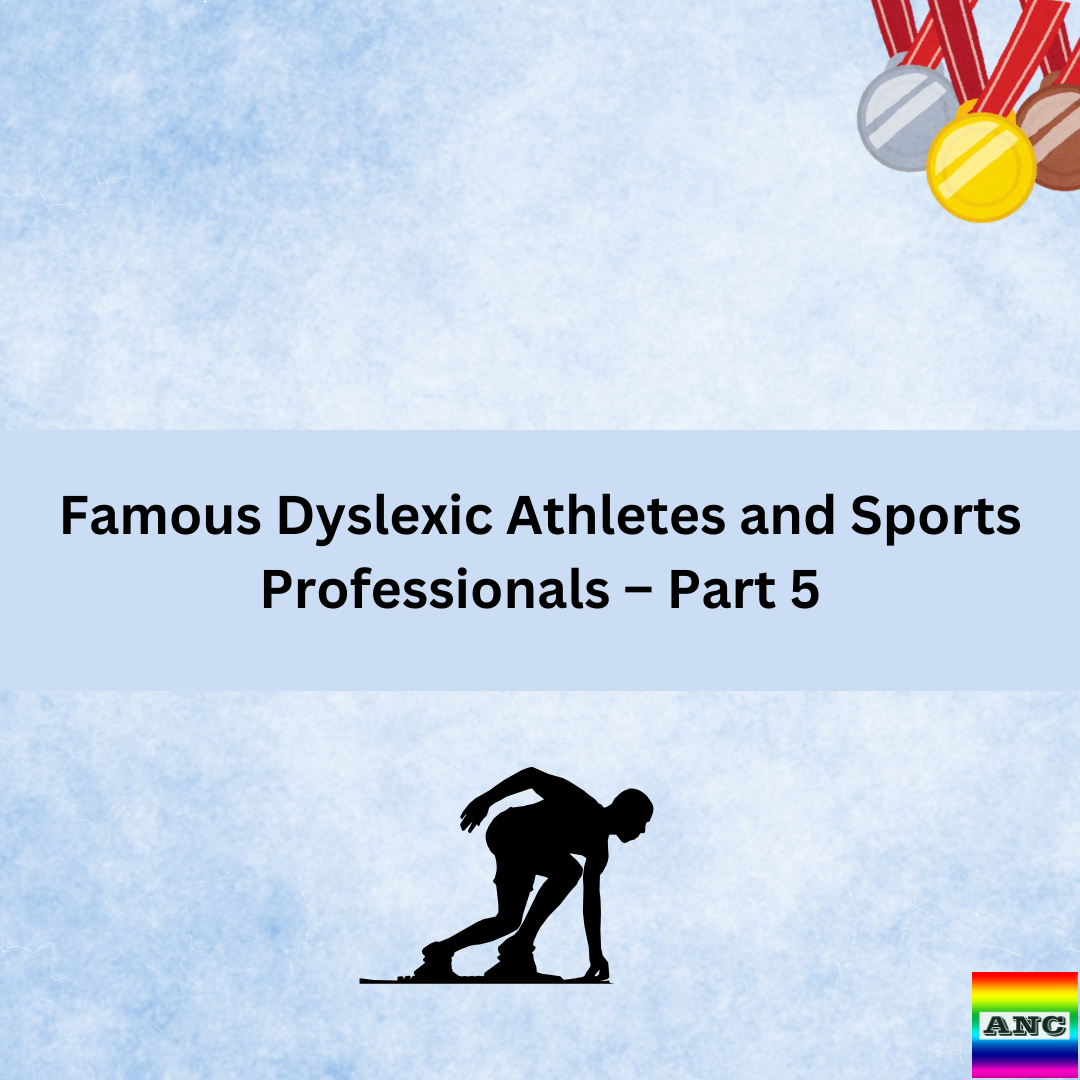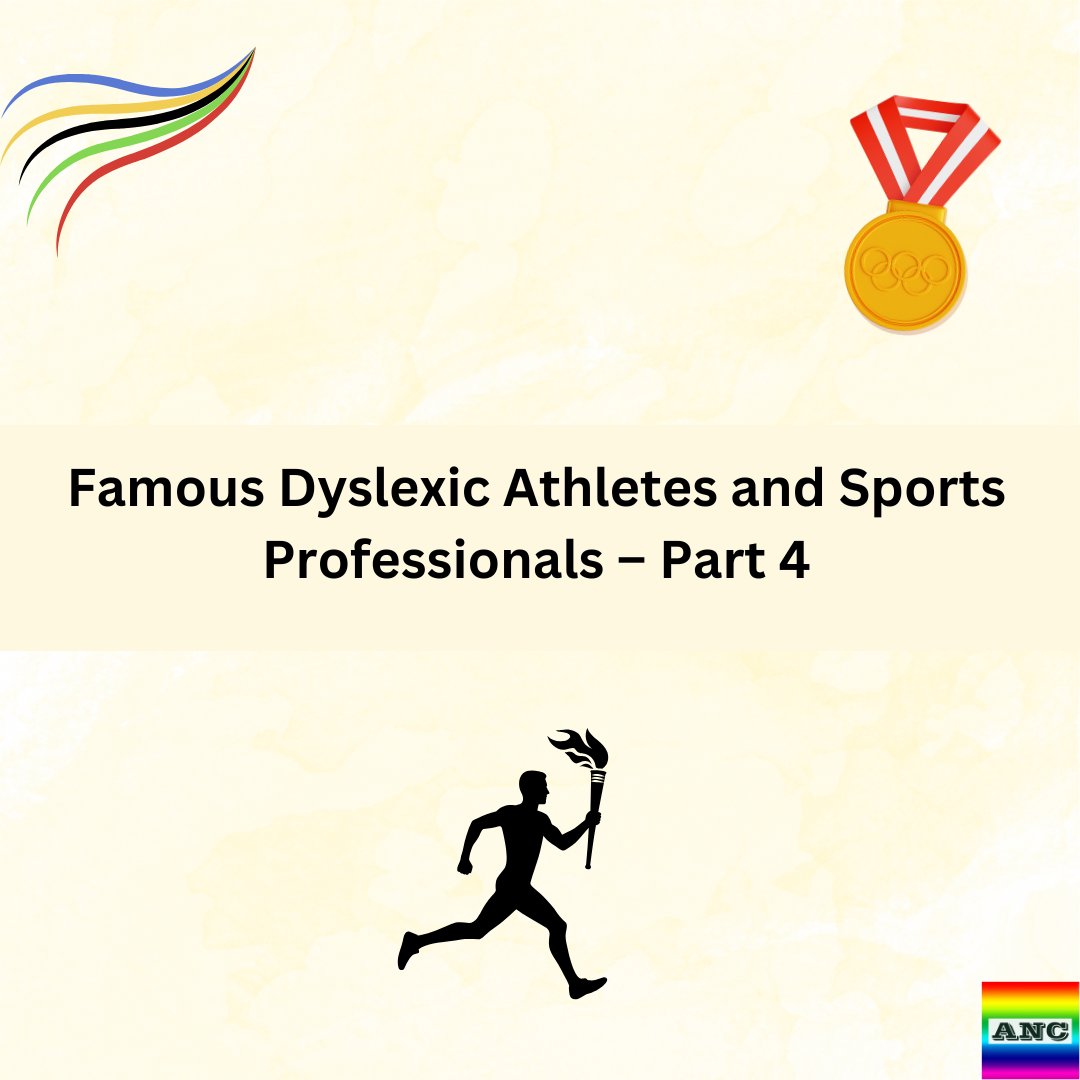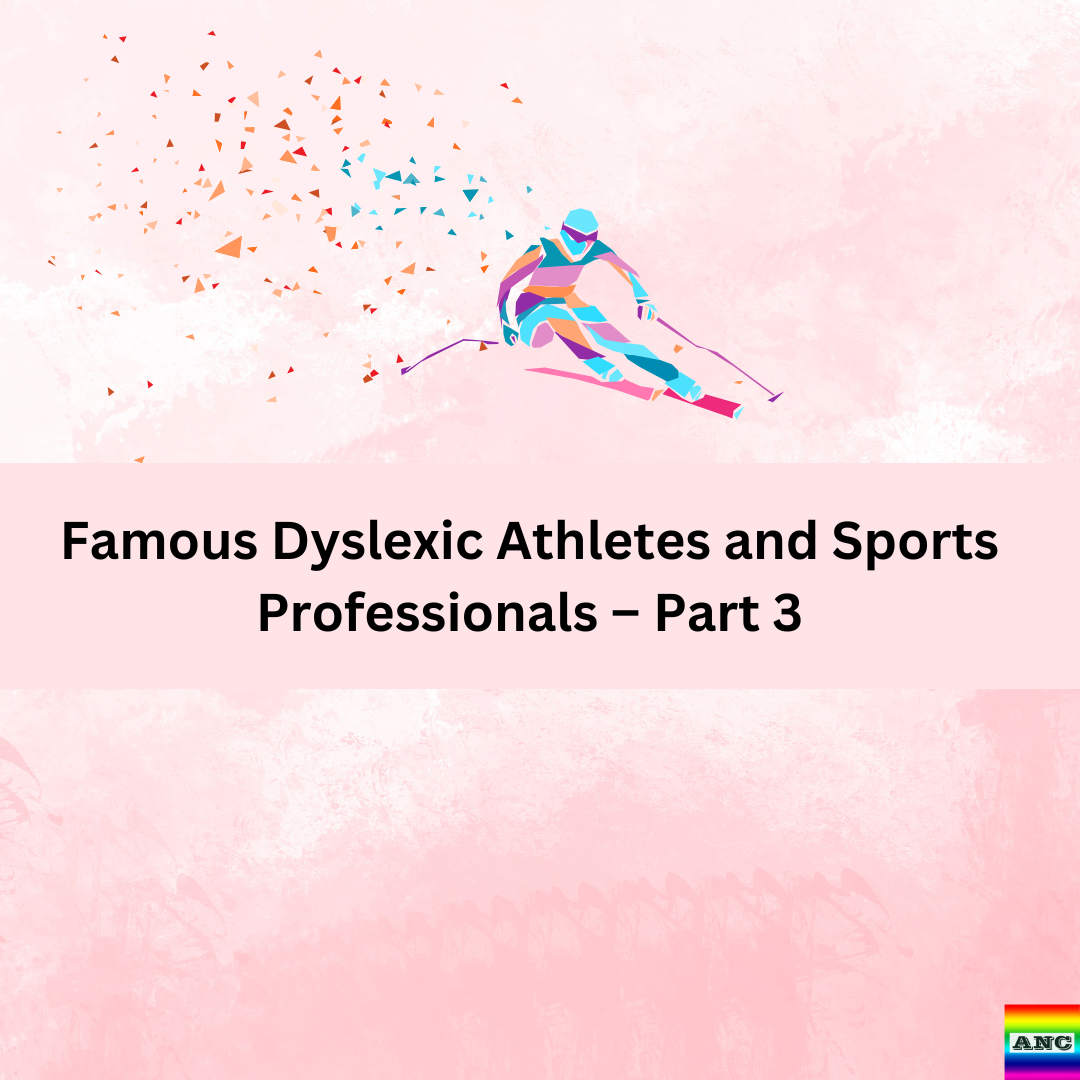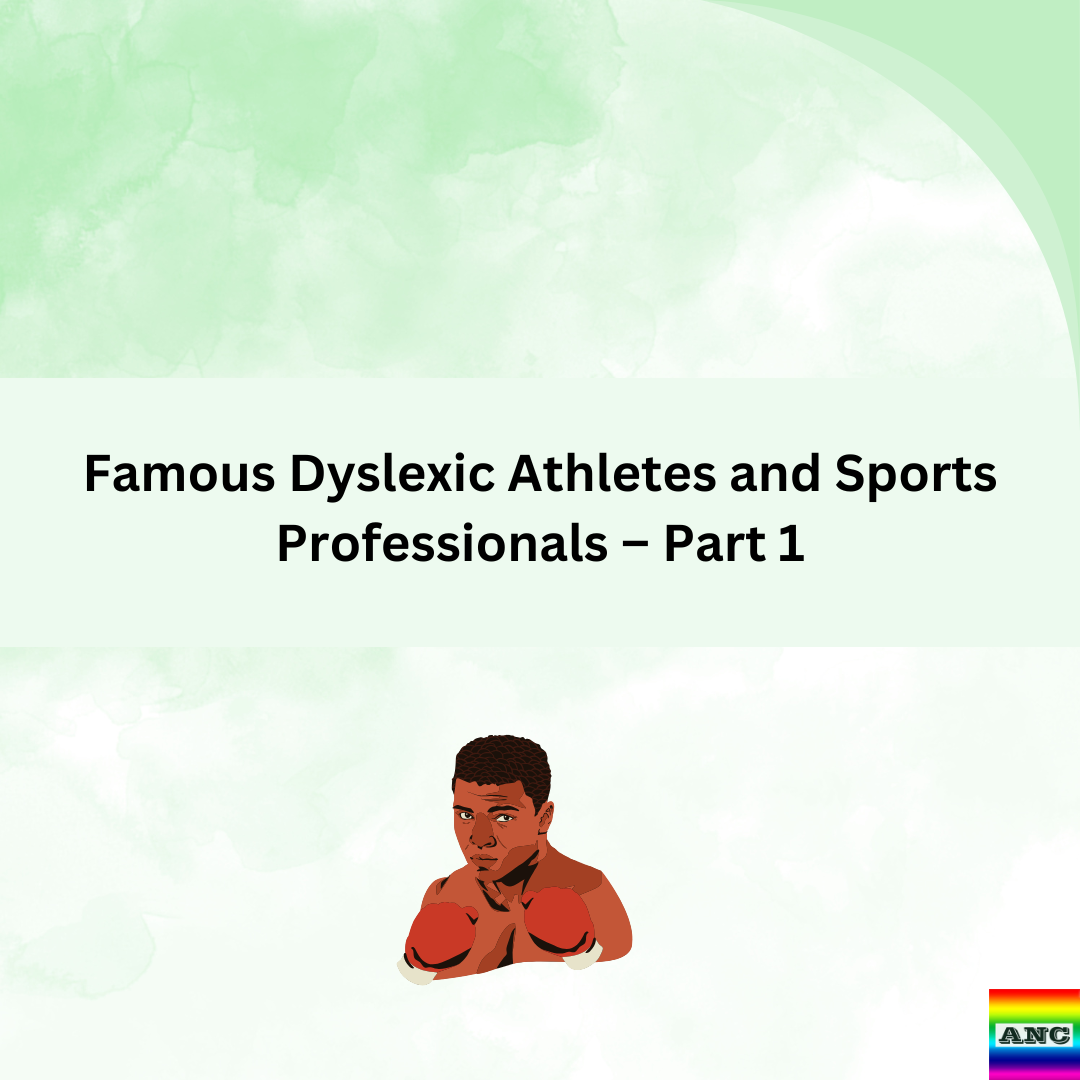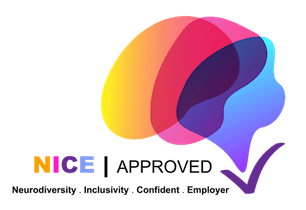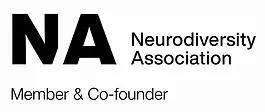Dyslexia's Unique Advantages in Sports

Visualisation and Mental Imagery
One of the often overlooked strengths of dyslexia is the ability to create vivid mental images. Dyslexic individuals tend to be strong visual thinkers, often using mental imagery to navigate tasks and situations. In sports, the ability to visualise plays, techniques, and outcomes is a powerful tool that enhances performance.
Visualisation is widely used in sports psychology to prepare athletes for competition, improve technique, and increase confidence. Dyslexic athletes, who naturally excel in creating mental images, may have a particular edge in this area. They can "see" themselves performing at their best, mentally rehearsing complex manoeuvres or strategies before executing them in real life.
This enhanced capacity for visualisation can help in sports like figure skating, diving, or even team-based sports where anticipating the movements of other players is key. Mental imagery allows dyslexic athletes to mentally practice and perfect their actions, giving them a strategic advantage over competitors.
A Shift in Perspective: Viewing Dyslexia as a Strength
The conversation around dyslexia in sports is evolving. More coaches, teams, and organisations are recognising the potential that dyslexic athletes bring to the table. By focusing on their strengths—spatial awareness, creativity, resilience, intuition, and adaptability—rather than their challenges, dyslexic athletes can be empowered to reach their full potential.
It’s important to provide environments where these athletes feel supported. This can include offering visual learning materials, hands-on coaching approaches, and creating strategies that align with their natural strengths. By shifting the perspective to viewing dyslexia as a unique way of thinking rather than a limitation, the sports world can continue to create inclusivity and celebrate diversity.
Celebrating Neurodiversity in Sports
Dyslexia is just one of many examples of neurodiversity in sports. Athletes with different ways of thinking, learning, and processing information are increasingly being recognised for the value they bring. Whether it’s through their unique strategic insights, their creativity on the field, or their resilience in the face of adversity, neurodiverse athletes are breaking barriers and challenging the traditional notions of success in sports.
In addition to dyslexia, many athletes thrive despite (or because of) conditions like ADHD, autism, and other neurodivergent traits. This diversity of thought enriches the sports world, leading to more innovative plays, stronger team dynamics, and ultimately a more inclusive environment where all athletes can excel.
Dyslexia and the Future of Sports
As we look to the future, the role of dyslexic athletes in sports is likely to grow even more significant. With increasing awareness and support, these athletes will continue to redefine what it means to be successful in the sporting world. Their unique strengths—enhanced spatial awareness, creativity, resilience, quick decision-making, emotional intelligence, and problem-solving abilities—are not just compensations for a learning difference; they are key components of what makes them exceptional athletes.
By embracing dyslexia as a strength and creating a more inclusive environment, we open the door to a wider range of talent and potential in sports. As more athletes with dyslexia step into the spotlight, they will inspire future generations to see learning differences not as a barrier but as a source of power and possibility.
In sports, as in life, it’s not about how you think—it's about how you use what you have to achieve greatness. And for many athletes with dyslexia, their greatness is just beginning to be recognised.

